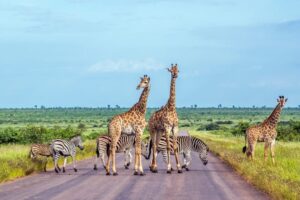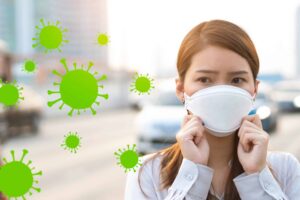Travel Vaccinations for Madagascar
Madagascar is the fourth largest island in the world. It floats in the Indian Ocean off the East coast of Africa. Around 90% of the wildlife in Madagascar is unique to the island, and for nature-lovers and tourists alike there really is nowhere else quite like it in the world. About a quarter of all primates in the world find their home here, as well as hundreds of species of frogs, bats and spiders. There’s plenty to do in Madagascar away from the wildlife, too. Beautiful beaches, excellent surfing, scuba diving, rock climbing and caving means adventure addicts and sun-seekers will find this an island paradise for all sorts of reasons.
Make an online bookingTravel Health Information
Highly recommended
vaccinations for travelling here
Advisory
vaccinations for travelling here
Although there is only one small area of Madagascar, Batterie Beach, north of Toliara, which is advised against for travel, visitors to the island should take great care, wherever their specific destination. The political situation here is unstable since the transition to a democracy in 2014, and protests can become violent, particular in the capital, and in the south and south-east of the country. Be particularly vigilant in crowded areas and when travelling or walking at night. If possible travel as part of an organised tour with a local guide who can advise on specific security concerns if necessary.
A Yellow fever vaccination certificate is required for travellers aged over 9 months arriving from countries with risk of yellow fever transmission and for travellers having transited more than 12 hours through the airport of a country with risk of yellow fever transmission. Malaria is present consult a travel clinic for the necessary medication.
Other than criminal activity, one of the biggest risks to your health and safety while in Madagascar is from the weather. The cyclone season is from November to April, affecting the whole island and particularly coastal areas. Flooding, water damage, contaminated water supplies and inaccessible roads are to be expected. Follow local advice on what to do if you are present when a tropical cyclone takes place, and plan journeys in advance taking plenty of extra supplies in case you get stuck.
There are hospitals available for basic or routine treatment in the capital Antananarivo. Anything more complex will require evacuation for treatment in a neighbouring country.
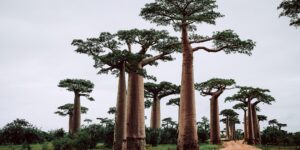
Your nearest CityDoc clinic
Find a clinic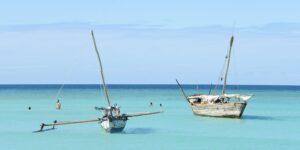
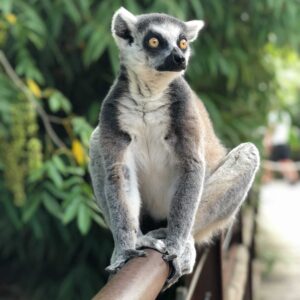
Destination Information for Madagascar
Antananarivo, the capital city in the centre of the island, is referred to as ‘Tana’ by the locals. There’s no real tourism here, although it is the main entry and exit point for Madagascar, so most tourists will visit the city. The area around Antsirabe, just south of the capital is a hotspot for adventure sports, and here you can join an organised excursion or head off exploring yourself. There are a number of National Parks in Madagascar, and the largest of these is Tsingy de Bemaraha, a UNESCO World Heritage Site. There’s a huge variety of flora and fauna, including aloes and orchids, and the forest is home to over 50 species of tropical birds.
Madagascar truly is the ideal destination for anyone with a sense of adventure who wants to explore one of the most unique and beautiful places on the planet. It’s best to visit during the dry season from April to October.
The recommended vaccines here include hepatitis A, typhoid and tetanus, diphtheria and polio. For more information on other recommended vaccines, please visit one of our travel clinics for a consultation to find out exactly what you need.
Infections and Outbreaks frequently change from country to country and by attending our clinics you will be given the most up to date clinical and safety advice from our team of specialists. Our advice to you often includes aspects such as:
- Food and water hygiene
- Insect and animal bite avoidances
- Personal safety
- Sexually transmitted infections
- Sun protection
- Altitude sickness
Malaria and regions within country:
There is a high risk of P.Falciparum malaria throughout the country.
Travel news
Helpful travel news, tips and advice for travelling around the world
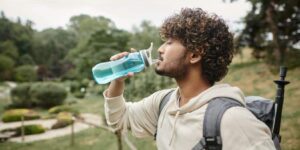
Water Hygiene While Travelling: What You Need to Know
Get the facts straight: Common myths about water hygiene while travelling debunked here.
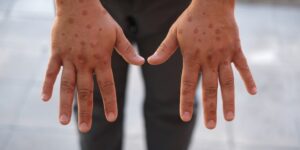
Mpox- How dangerous is it?
With the recent WHO announcement regarding the outbreak of Mpox in Africa there has been a concern of its transmission to other countries.
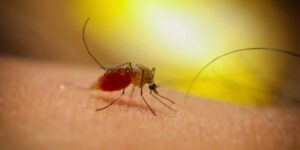
Pregnancy and Malaria
A malaria infection can cause complications during the pregnancy to mother and the baby.
For the latest government travel advice
For anyone planning to travel abroad we recommend visiting the following government website for all the latest travel guidance and advice.
Travel health enquiries
For all travel health enquiries, simply contact us below.
